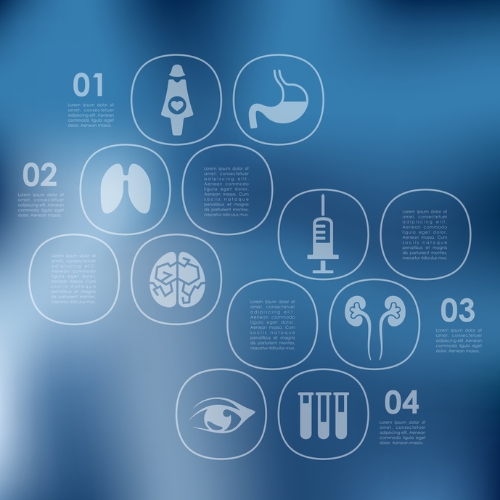Key points from article :
Researchers have developed a revolutionary heart patch that could help millions suffering from heart failure by strengthening and stabilizing the heart muscle. The patch, created from reprogrammed blood cells, is implanted onto the heart to improve its function. According to Prof. Ingo Kutschka from University Medical Center Göttingen, this marks the first time a laboratory-grown biological transplant has been available for treating heart failure. Given the shortage of donor hearts and the limitations of artificial heart pumps, this innovation could provide a much-needed alternative.
The patches are made from cells that are turned into heart muscle and connective tissue, embedded in a collagen gel, and arranged into a hexagonal structure before being attached to a membrane. The muscle within the patch resembles that of a four- to eight-year-old heart, allowing healthier tissue to integrate with a failing heart. Unlike direct injections of heart muscle cells, which can cause dangerous irregular heartbeats or tumours, these patches deliver more cells safely and with higher retention.
A study published in Nature tested the patches on rhesus macaques, showing no harmful effects and improved heart wall thickening. When tested on a 46-year-old woman with advanced heart failure, the patches successfully integrated with her heart and developed a blood supply before she later underwent a transplant. While donor cells require immune suppression, they offer a quicker and more scalable option than using a patient’s own cells.
Kutschka emphasized that these patches are not meant to replace heart transplants but could offer new hope for patients currently in palliative care. While further research is needed, experts have hailed the study as a major breakthrough, with Prof. Ipsita Roy calling it "an excellent piece of work" and Prof. Sian Harding describing it as a significant step forward in regenerative medicine.







